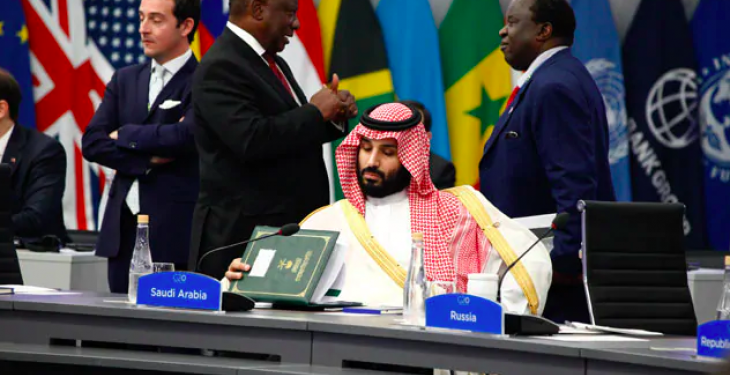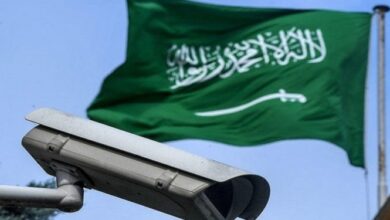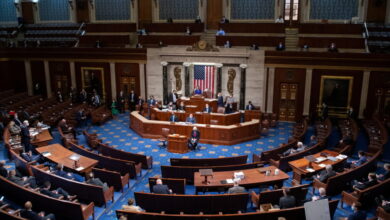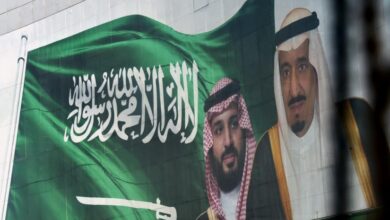Spy Center for Saud House in Horn of Africa

Mohammed bin Salman’s intention to establish a security unit specializing in “criminal” missions, centered on an African “strategic” state, was revealed.
This is a major deal between Djibouti and Saudi Arabia to build a “surveillance and espionage observatory” whose mission is to monitor and spy on dissidents, as well as spying and piracy on neighboring countries.
The deal exceeds $ 2 billion, which is the purchase of weapons for the Djiboutian armed forces in exchange for the observatory.
Djibouti President Ismail Omar Guelleh at first rejected the deal because the amount offered was $ 50 million, but soon agreed, after bin Salman doubled the deal to $ 2 billion.
The reason why Djibouti was chosen is that it is known for its international spy companies’ positions.
So the name of the Saudi ambassador to Djibouti will probably emerge in the coming days, and he will play the same role as the Saudi consul in Turkey, or he may be more dirty. This ambassador has a direct line with Mohammed bin Salman.
The Saudi regime has played a subversive role in leading counter-revolutions of the Arab Spring since its inception in 2011. This is managed by security and research centers set up to manage conspiracies in secret.
Observers are unanimous that unrest in the Middle East has increased as the kingdom intervenes in the face of the spring revolutions.
Riyadh pushed into chaos, for example many countries, and the Saudi incursion into Bahrain, for example, in mid-March 2011, marked a new era of Saudi pre-emptive policies against any democratic transformation in the region.
Spending on research is a big part of Saudi Arabia’s efforts to bolster the state’s ambitions and visions against the Arab Spring revolutions, a space that could be matched by public relations firms, lobbyists and the lobby in the West.
Saudi relies on research, thinking and spying centers to consolidate and legitimize its vision in a number of different areas, from the relationship of political Islam movements to terrorism, to the strategic visions of the Middle East and its alliances, and to optimal religious, political and social perceptions from the Kingdom’s point of view.





